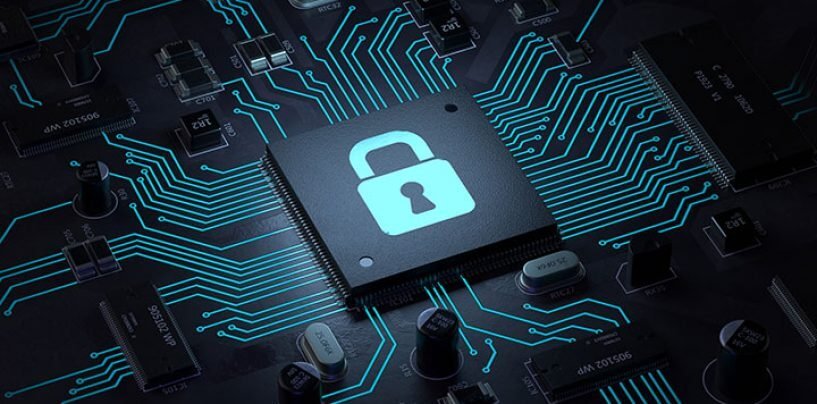
With the increasing amount of time we spend online, it's more important than ever to protect our privacy. From sharing personal information on social media platforms to making purchases on e-commerce websites, there are numerous ways our data can be compromised. In this article, we will explore some tips and best practices to help you secure online privacy protection while browsing social media and shopping online.
Social Media Security
Review Privacy Settings
- Regularly review and update your privacy settings on social media platforms.
- Limit the amount of personal information you share publicly.
- Be cautious about accepting friend requests from people you don't know.
Avoid Oversharing
- Avoid sharing sensitive information such as your address, phone number, or financial details.
- Think twice before posting photos or check-ins that reveal your location.
- Be mindful of the information you share in comments and direct messages.
Beware of Phishing Scams
- Avoid clicking on suspicious links or opening attachments from unknown senders.
- Be skeptical of messages requesting personal information or login credentials.
- Report any suspicious activity or accounts to the social media platform.
Online Shopping Security
Use Trusted Websites
- Shop on websites that are secure and have a trusted reputation.
- Look for the padlock symbol in the address bar to ensure the website is encrypted.
- Avoid entering your payment information on unsecured or unfamiliar websites.
Enable Two-Factor Authentication
- Enable two-factor authentication for an extra layer of security when making online purchases.
- Choose strong and unique passwords for your shopping accounts.
- Consider using a password manager to securely store and generate passwords.
Monitor Your Accounts
- Regularly monitor your bank and credit card statements for any unauthorized transactions.
- Set up transaction alerts to be notified of any unusual activity on your accounts.
- Contact your bank or credit card issuer immediately if you suspect fraud or unauthorized charges.
General Online Privacy Tips
Use a VPN
- Use a virtual private network (VPN) to encrypt your internet connection and protect your data from hackers.
- Choose a reputable VPN provider that does not log your online activity.
- Turn on your VPN when using public Wi-Fi networks to prevent eavesdropping.
Be Mindful of Cookies
- Regularly clear your browser cookies to remove tracking data from websites.
- Adjust your browser settings to block third-party cookies or use browser extensions for added privacy.
- Consider using private browsing mode when conducting sensitive activities online.
Update Your Software
- Keep your operating system, browser, and antivirus software up to date to protect against security vulnerabilities.
- Enable automatic updates to ensure you have the latest security patches installed.
- Avoid using outdated software that may be more susceptible to malware and cyber attacks.
By following these tips and best practices, you can help protect your online privacy while using social media and shopping online. Remember to stay vigilant and proactive in safeguarding your personal information to prevent identity theft and fraud.